Lancet Countdown`s Tehran Launch Event was successfully held
Lancet Countdown`s Tehran Launch Event was successfully held
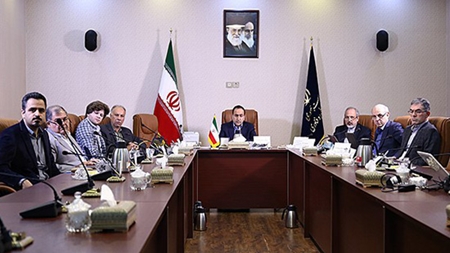
On 31st October 2017 at the venue of the Vice Presidency for Science and Technology of I. R. of Iran and chaired by Professor Mostafa Ghanei, Director General of Biotechnology Initiative Council, the Lancet Countdown`s Tehran Launch Event was held.
Parallel with Tehran event, other Lancet Countdown events, marking the release of the Countdown 2017 Report, have also been scheduled in around 20 different countries all the around the world including United Kingdom, Australia, Brazil, United Sates, China, Canada, Germany, Ireland, Spain, and South Africa. All these events have been directly coordinated by the Lancet Countdown.
The event was opened by Dr. Ghanei, Director General of Biotechnology Initiative Council (Vice Presidency for Science and Technology of I. R. of Iran) stressing that there is a sufficient deal of laws and regulations in the country requiring us to combat climate change and its adverse effects and it is about time to ensure their efficient and economically-justified implementation.
In continuation of the event, Professor Hugh Montgomery, Co-director of the Lancet Countdown on Climate Change and Public Health, presented a brief overview on the history of the countdown and the indicators being monitored. Elaborating on the availability of required expertise and financial resources, he also emphasized on the fact that “political will” is the missing link in fighting climate change and that this scenario has to be changed through collaborative efforts for the sake of the future generations. Dr. Montgomery also highlighted the instrumental role of international collaborations in achieving the Countdown`s objectives.
The event then proceeded with the presentation of the key findings of the Lancet Countdown 2017 Report by Dr. Ardeshir Khosravi (General Manager of Data and Statistics, Ministry of Health and Medical Education of I. R. of Iran; Mr. Mohammad Zarei Zare (Director, International Environment and Energy Affairs, Ministry of Foreign Affairs of I. R. of Iran); Professor Mostafa Gahnei (Director General of Iranian Biotechnology Initiative Council (Vice Presidency for Science and Technology of I.R. of Iran); Professor Maziar Moradi-Lakeh (Preventive Medicine and Public Health Research Center, Iran University of Medical Sciences); Dr. Fereidoon Owfi (Iranian Fisheries Science Research Institute); Dr. Meisam Tabatabaei (President of Biofuels Committee, Iranian Biotechnology Initiative Council, Vice Presidency for Science and Technology of I.R. of Iran); and Professor Mohammad Hossein Niknam (Life time member of The Iranian Academy of Medical Sciences, Presidential Office of I.R. of Iran).
Some of the key findings presented were as follows:
˗ 125 million extra medically vulnerable adults exposed to heatwaves globally between 2000 and 2016. This builds on earlier findings showing that 1 billion additional people each year can be expected to be exposed to heatwaves by 2040.
˗ 87% of cities globally are in breach of WHO air pollution guidelines, meaning billions of people worldwide are exposed to unsafe levels of atmospheric particulate matter (PM 2.5). This is significantly higher than previously thought.
˗ Undernutrition is identified as the largest health impact of climate change in the 21st century. Related impacts of climate change on crop production referenced in the report include a 6% decline in global wheat yields and 10% fall in rice yields for each additional 1 °C rise in global temperature.
˗ Over one billion people globally will need to migrate within ninety years due to a rise in sea level caused by ice shelf collapse unless action is taken.
˗ A 5.3% average fall in labor productivity of agricultural workers globally since the millennium, with a dramatic drop of 2% between just 2015 and 2016 as a result of rising temperatures. This trend threatens the livelihoods and ability of subsistence farmers to support themselves and their families.
˗ A 46% increase in weather related disasters since 2000. $129 US billion of economic losses caused by climate related events in 2016 alone. 99% of losses in low-income countries are uninsured.
˗ An increase of 3% and 5.9% in scope for likely transmission of the Dengue virus by just two types of mosquito since 1990. With 50 to 100 million infections of Dengue estimated to occur each year, this will exacerbate the spread of the world’s highest growth disease.
National data on heatwaves, extremely high-energy consumption in both the primary electricity production and the transportation sectors, concerning levels of air pollution in Iranian major cities and towns and the consequent health impacts were discussed in detail as well as a number of solutions were presented and debated upon. Moreover, food security and in particular the indicator “marine primary productivity” due to its importance in regions of the world where a large proportion of their population is dependent on marine food products were discussed.
The full report has been published in the prestigious journal of The Lancet (IF: 47.831) and is now available on http://www.thelancet.com/journals/lancet/article/PIIS0140-6736(17)32464-9/abstract



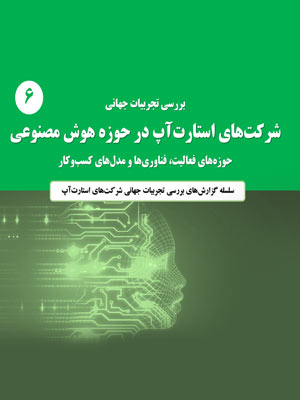



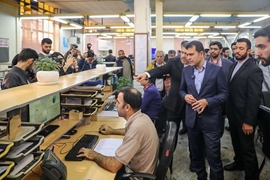
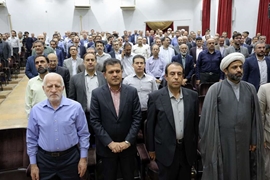
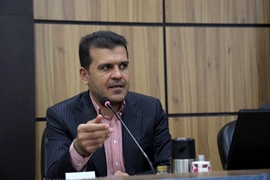
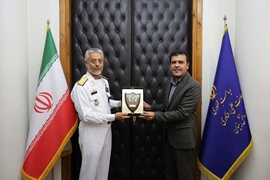

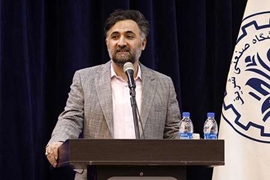
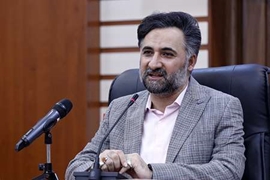
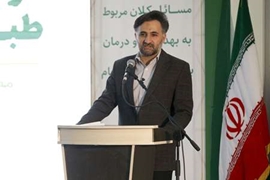
comment